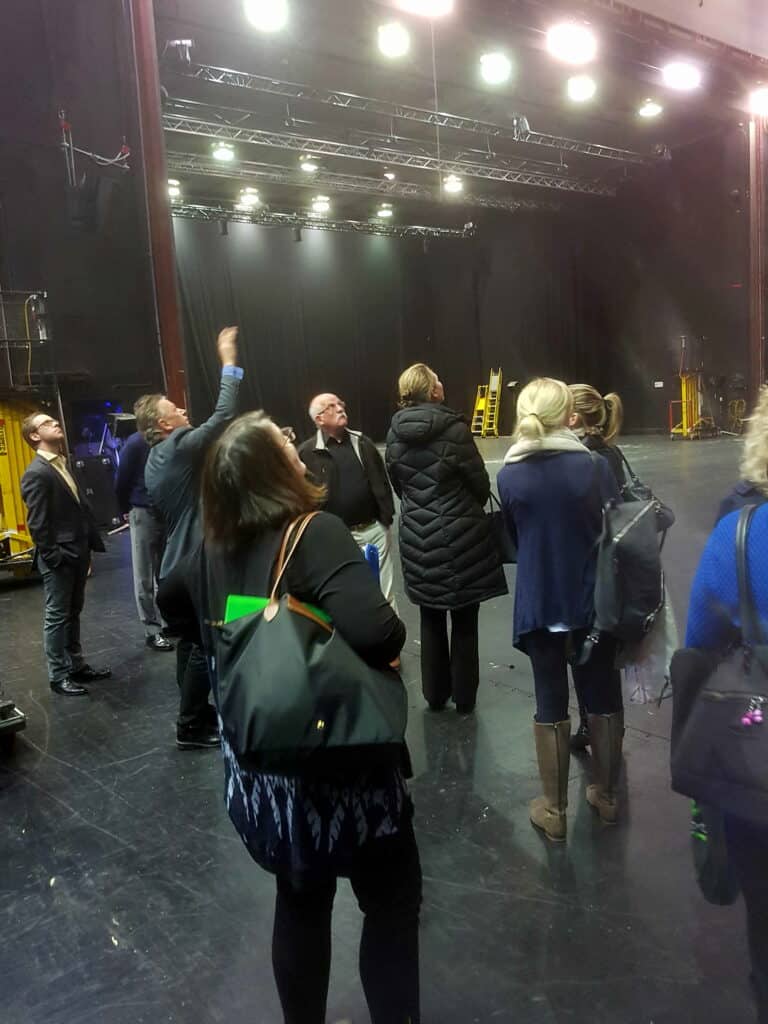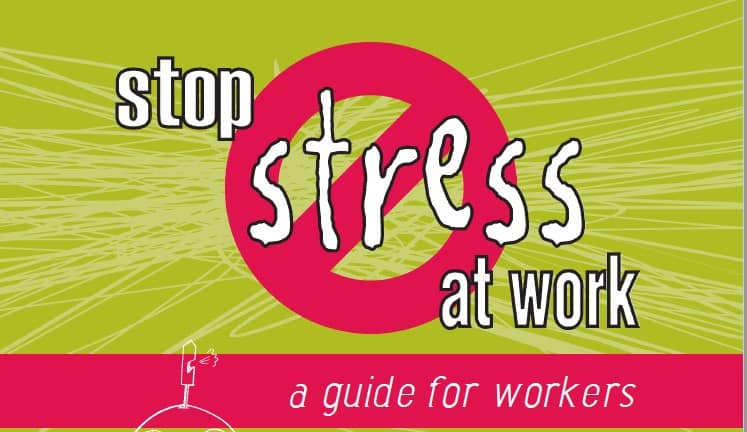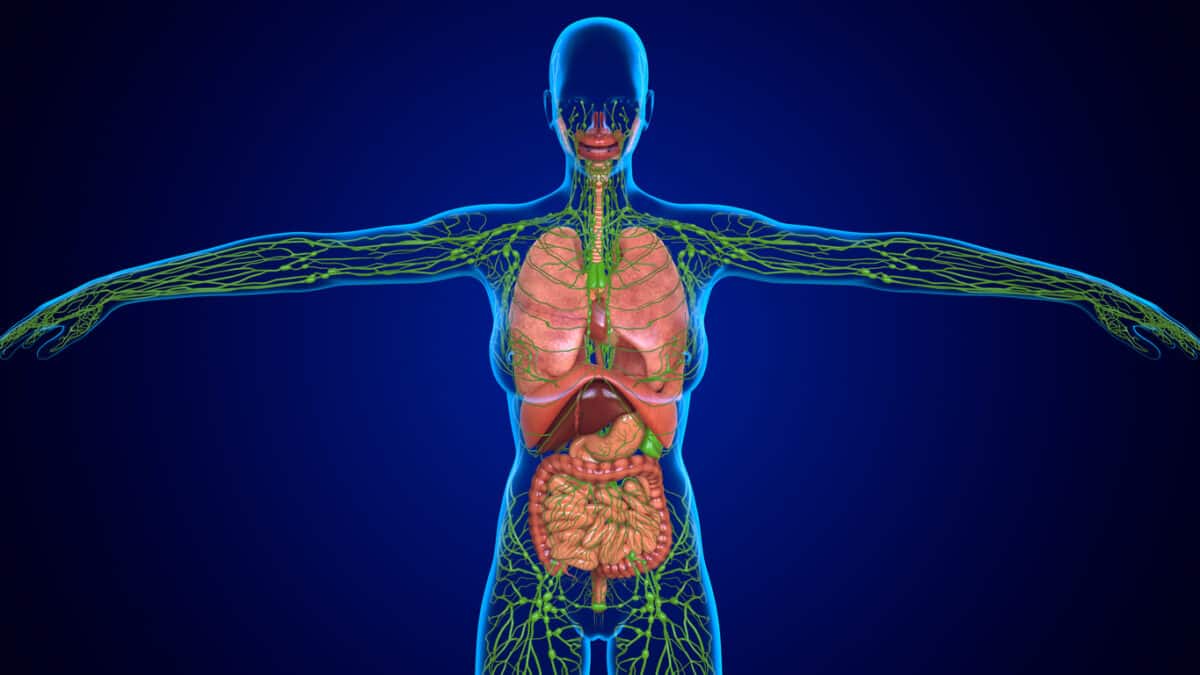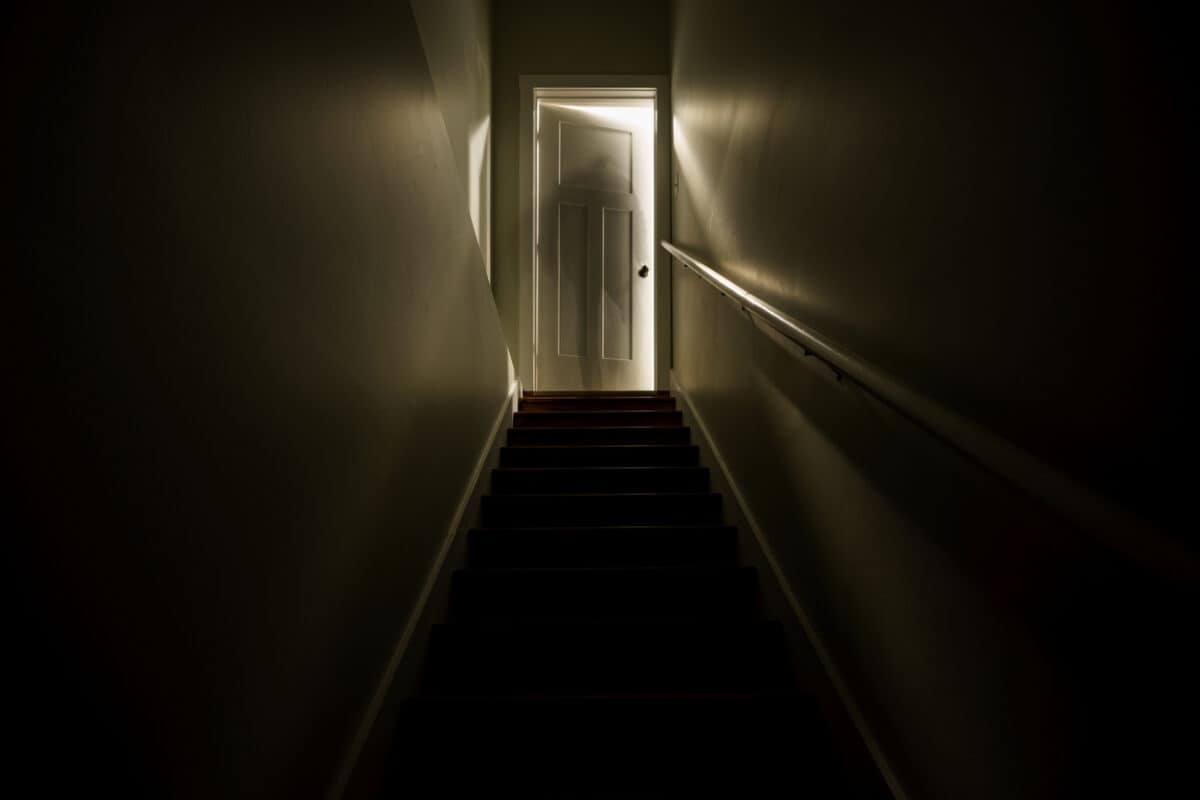The end-of-year reviews are starting to emerge from Australia’s law firms. The most recent release is from Maddocks, who have released several short reports on occupational health and safety (OHS) hazards and suggested controls for employers to apply. So this is a year-in-review for 2022, but it is also a forecast of what needs to be changed in 2023.
Category: consultation
New trade union psychological safety survey shows how little has changed
Australia’s trade union movement has long been active on the issue of workplace psychological harm. Its 1997 Stress At Work survey of members led directly to the creation of workplace bullying and occupational violence guidance in Victoria and elsewhere. Over 20 years later, the Australian Council of Trade Unions (ACTU) undertook another survey of its members (not publicly available), again on mental health at work.
Unsuccessful dismissal case reveals sex work hazards
Last week was a big one for the sex industry in Victoria. A brothel manager was found guilty of allowing a 16-year-old girl to work as a dominatrix in his mother’s brothel. And a sex worker was found, by the Fair Work Commission, to be a contractor (paywalled) when working in the Top of the Town brothel.
These legal cases gained some attention in the mainstream press as they often are because sex work is seen as salacious and click-friendly. However, the Top of the Town court report offers insight into some of the occupational health and safety (OHS) hazards of brothel work.
60th Anniversary Central Safety Group Lunch
In the olden days, PC (Pre-Covid), a group of occupational health and safety (OHS) professionals, advocates, and the curious, would meet on the second Tuesday of each month in-person in various locations in and around the City of Melbourne to connect, chat, complain, sympathise and learn about OHS. The Central Safety Group also held annual visits to infrastructure projects under construction, tea factories, TV stations (pictured above), Arts Centres (pictured below), brothels (no pictures taken) and other workplaces to better understand the complexity of managing people’s safety and health.

In the middle of Work Health and Safety Month, CSG is holding a special celebratory lunch in the Victorian Parliament House Dining Room on October 14. (Book HERE) This event is open to anyone interested in all facets of OHS and will have special guest speakers, including:
- David Caple AM – world-renowned Ergonomist,
- Dr Narelle Beer – Executive Director of WorkSafe Victoria, and
- Barry Naismith – OHS specialist, writer and local OHS historian
The Central Safety Group has been operating continuously for 60 years, making friends, making connections, rendering assistance and, for every one of those meetings, hearing directly from local and international experts. The CSG is open to anyone on a casual basis, but, of course, a (low-cost) membership is encouraged.
Lymph v Blood – OHS at the Jobs & Skills Summit
If Industrial Relations is the lifeblood of the economy and the nation, then Occupational Health and Safety (OHS) is the lymphatic system, a less well-known supplementary system without which blood circulation fails and the body stops working.
Australia’s Job and Skills Summit that has just concluded focused on the blood. Media analysis offered mixed interpretations. The event was politically stage-managed with many agenda items pre-prepared for the Summit to confirm, but it was not a worthless gabfest, as some (who chose not to attend) have asserted. On the matter of occupational health and safety, there was one new initiative but most of the OHS change, if any, is now more likely to come through the (wellbeing) budget in October.
The man on the stair who isn’t really there
On August 26 2022, Australia’s Minister for Employment and Workplace Relations, Tony Burke, spoke at a union conference. This is not an unusual event for Ministers, but the timing of Burke’s address was less than a week before a major Jobs and Skills Summit – the hottest political event in town at the moment. The transcript of the speech provides clues and hints as to how occupational health and safety (OHS) may or may not be discussed.
There is an early indication that safe workplaces are important (heart skips a beat), but then it seems shunted to the side. Burke said:
OHS issues for the Jobs and Skills Summit
Last week the Australian Government released an issues paper for its upcoming Jobs and Skills Summit. The main topics are broad but still not as inclusive as possible. The paper says:
“The goal of the Summit is to find common ground on how Australia can build a bigger, better trained and more productive workforce; boost real wages and living standards; and create more opportunities for more Australians.”
Occupational Health and Safety (OHS) is relevant to training, productivity, and living standards but is hardly mentioned in the issues paper and is likely to be ignored in the Summit itself, even though the issues paper includes a question about workplace safety,







